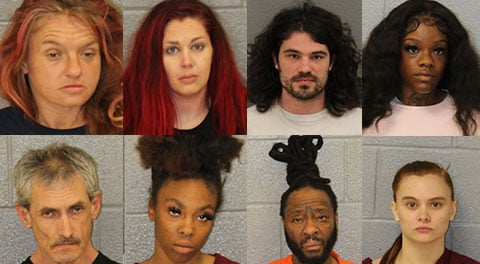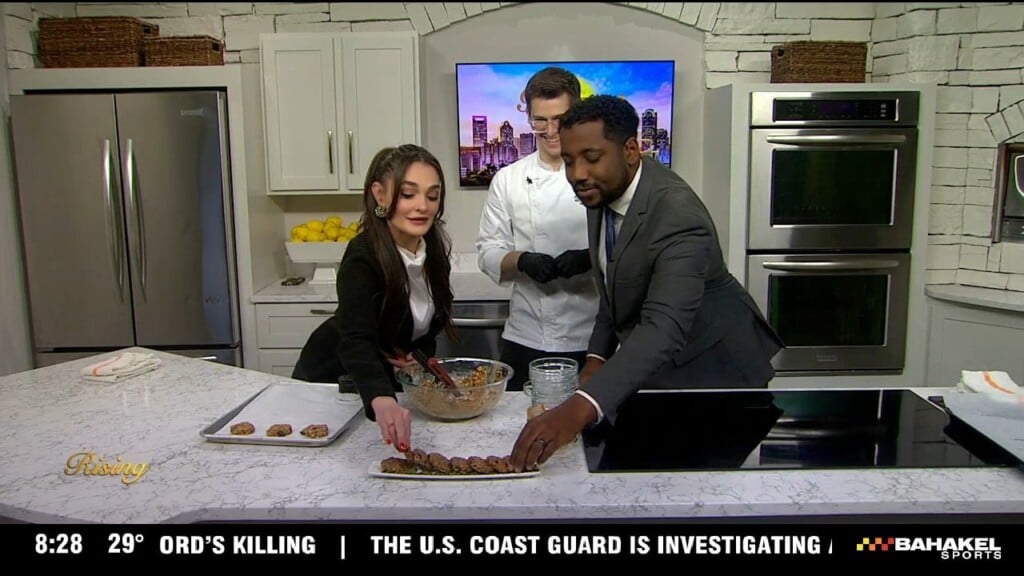TORONTO – Canadian Prime Minister Justin Trudeau announced his resignation Monday in the face of rising discontent over his leadership, and after the abrupt departure of his finance minister signaled growing turmoil within his government.
Trudeau said “internal battles” mean that he “cannot be the best option” in the next election. He planned to stay on as prime minister until a new leader of the Liberal Party is chosen.
An official familiar with the matter said Parliament, which had been due to resume Jan. 27, will be suspended until March 24. The timing will allow for a Liberal Party leadership race. The official spoke on condition of anonymity because they were not authorized to speak about the matter publicly.
All three main opposition parties have said they plan to topple the Liberal Party in a no-confidence vote when Parliament resumes, so a spring election to pick a permanent replacement was almost assured.
Trudeau came to power in 2015 after 10 years of Conservative Party rule, and had initially been hailed for returning the country to its liberal past. But the 53-year-old scion of one of Canada’s most famous prime ministers became deeply unpopular with voters in recent years over a range of issues, including the soaring cost of food and housing, and surging immigration.
The political upheaval comes at a difficult moment for Canada internationally. U.S. President-elect Donald Trump has threatened to impose 25% tariffs on all Canadian goods if the government does not stem what Trump calls a flow of migrants and drugs in the U.S. — even though far fewer of each crosses into the U.S. from Canada than from Mexico, which Trump has also threatened.
Canada is a major exporter of oil and natural gas to the U.S., which also relies on its northern neighbor for steel, aluminum and autos.
Trudeau has kept publicly mum in recent weeks, despite intensifying pressure for him to step down.
“His long silence following this political drama speaks volumes about the weakness of his current position,” said Daniel Béland, a political science professor at McGill University in Montreal.
Canada’s former finance minister, Chrystia Freeland, announced her resignation from Trudeau’s Cabinet on Dec. 16., criticizing some of Trudeau’s economic priorities in the face of Trump’s threats. The move, which came shortly after the housing minister quit, stunned the country and raised questions about how much longer the increasingly unpopular Trudeau could stay in his job.
Freeland and Trudeau had disagreed about two recently announced policies: a temporary sales tax holiday on goods ranging from children’s clothes to beer, and plans to send every citizen a check for $250 Canadian ($174). Freeland, who was also deputy prime minister, said Canada could not afford “costly political gimmicks” in the face of the tariffs threat.
“Our country is facing a grave challenge,” Freeland wrote in her resignation letter. “That means keeping our fiscal powder dry today, so we have the reserves we may need for a coming tariff war.”
Trudeau had been planning to run for a fourth term in next year’s election, even in the face of rising discontent among Liberal Party members. The party recently suffered upsets in special elections in two districts in Toronto and Montreal that it has held for years. No Canadian prime minister in more than a century has won four straight terms.
And based on the latest polls, Trudeau’s chances for success looked slim. In the latest poll by Nanos, the Liberals trail the Conservatives 47% to 21%.
Over nearly a decade in power, Trudeau embraced an array of causes favored by his liberal base. He spoke in favor of immigration at a time other countries were trying to tighten their borders. He championed diversity and gender equality, appointing a Cabinet that was equal parts men and women. He legalized cannabis.
His efforts to strike a balance between economic growth and environmental protection were criticized by both the right and left. He levied a tax on carbon emissions and rescued a stalled pipeline expansion project to get more of Alberta’s oil to international markets.
Fewer people died from COVID-19 in Canada than elsewhere and his government provided massive financial support. But animosity grew among those opposed to vaccine mandates. Flags with Trudeau’s name and expletives became a common sight in rural parts.
A combination of scandal and unpopular policies damaged his prospects over time.
Trudeau’s father swept to power in 1968, and led Canada for almost 16 years, becoming a storied name in the country’s history, most notably by opening its doors wide to immigrants. Pierre Trudeau was often compared to John F. Kennedy and remains one of the few Canadian politicians who are recognized in America.
Tall and trim, with movie-star looks, Justin Trudeau channeled the star power — if not quite the political heft — of his father.
He became the second-youngest prime minister in Canada’s history, and rivals said his age was a liability when he first sought office. But he won a sweeping mandate in a come-from-behind victory in 2015.
Trudeau is a former teacher, nightclub bouncer and snowboard instructor who has three children with his now estranged wife, a former model and TV host.





